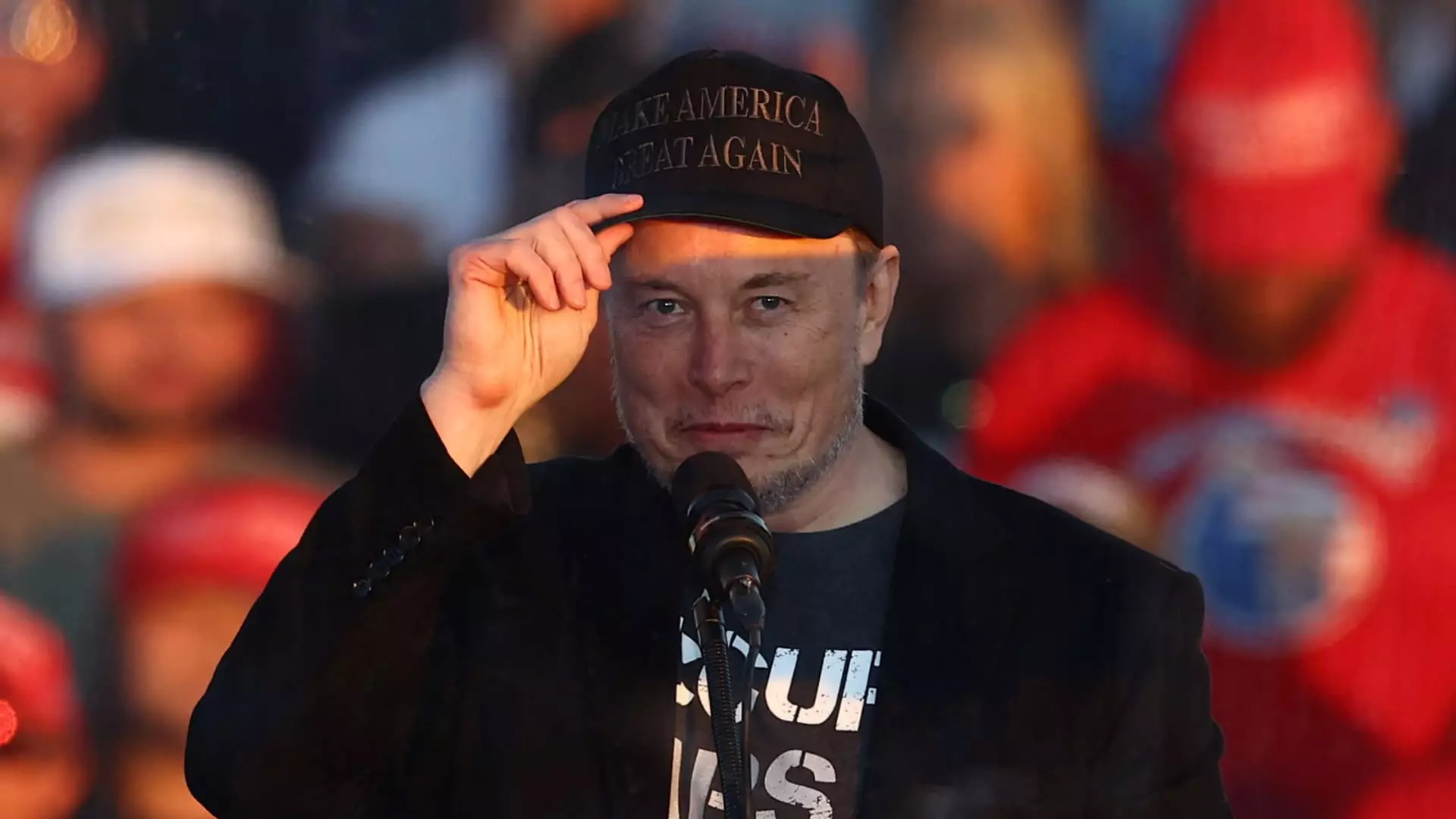Elon Musk, the CEO of Tesla and a prominent figure in the tech world, has consistently attracted attention not just for his automotive innovations but also for his influence on political landscapes, both in the United States and abroad. Recently, Musk made headlines by endorsing Germany’s far-right Alternative for Germany (AfD) party, a comment that stirred significant controversy and raised questions about his role as a billionaire within the political arena. This article delves into the implications of Musk’s endorsement, the nature of his political engagements, and the potential consequences for countries that find themselves in his crosshairs.
Musk’s recent post on X, where he claimed, “Only the AfD can save Germany,” has drawn scrutiny, especially given the far-right party’s controversial history and rhetoric. The AfD has been criticized for its neo-Nazi affiliations and has made headlines for employing nationalist rhetoric. Musk’s comment, made in conjunction with a post from far-right influencer Naomi Seibt—known for her rejection of climate science and history of promoting extremist views—further aligns him with fringe political elements that many deem dangerous. Musk’s significant social media following amplifies his influence, making such endorsements particularly impactful in shaping public opinion.
The backing of a party like the AfD has not gone unnoticed by political figures. Senator Chris Murphy of Connecticut lambasted Musk, labeling him as “out of touch” and critiquing his support for a party perceived to be rehabilitating negative historical ideologies. Murphy’s comments highlight a growing concern that Musk’s financial clout and media presence could lend legitimacy to radical viewpoints, potentially fostering divisiveness in already polarized environments. Furthermore, German Chancellor Olaf Scholz’s dismissal of Musk’s assertion points to mounting resistance from established political figures against Musk’s encroachment into their electoral affairs.
Contextualizing the AfD’s Rise
Musk’s endorsement coincides with the AfD’s growing prominence in German politics, particularly as the party has garnered significant support in recent polls ahead of the upcoming elections. This rise reflects a broader trend seen in various European countries where far-right parties are gaining traction amid rising discontent with traditional political structures. Economic struggles, immigration issues, and public dissent about climate policies are contributing factors that these parties capitalize on for political leverage.
Moreover, the AfD’s critical stance toward initiatives like arms deliveries to Ukraine and sanctions on Russia resonates with some of Musk’s expressed opinions, intertwining their viewpoints in the public discourse. This overlap raises eyebrows regarding the potential influence of business magnates like Musk in shaping geopolitical narratives that align with personal ideologies rather than collective national interests.
Musk’s interplay with global politics becomes even more complicated considering Tesla’s business operations in Europe, especially Germany. The AfD has criticized Tesla regarding the economic benefits of its manufacturing plant in Brandenburg, expressing concerns over job creation and local economic impacts. This tension illustrates a paradox: while Musk’s companies aim to revolutionize transportation and energy sectors, their operations can also be at odds with local political sentiments and national economic interests.
Europe presents a challenging market for Tesla. Recent statistics indicate a significant decline in electric vehicle sales, starkly contrasting with Musk’s ambitious global growth aspirations. These economic realities underscore the potentially volatile interplay between Musk’s corporate interests and his political endorsements, raising the question of whether his ideological leanings might conflict with the business practices needed for success in competitive markets.
Elon Musk’s political maneuverings signify more than mere endorsements but represent a concerning amalgamation of corporate power and global politics. By aligning himself with controversial parties like the AfD, Musk influences public dialogue and may embolden extremist viewpoints, while simultaneously navigating complicated economic landscapes through his business ventures. As global politics experience rapid upheavals and changes, Musk’s dual role as both a business innovator and political influencer merits scrutiny, as it holds the potential to affect democratic processes and societal stability on a significant scale. The intersection of technology and politics continues to evolve, leaving observers to ponder the consequences of such powerful figures dictating narratives beyond their primary sectors.


Leave a Reply